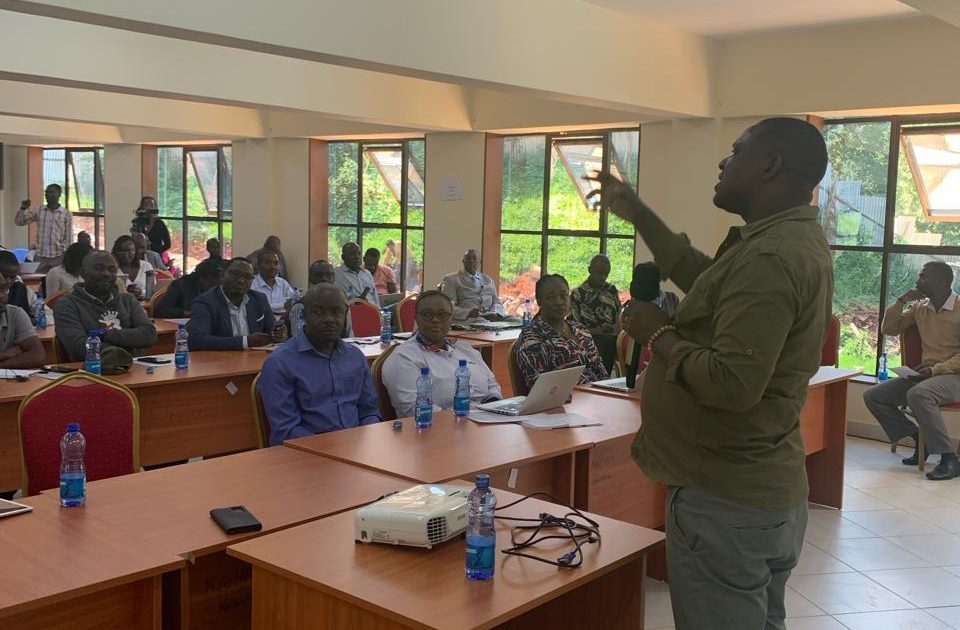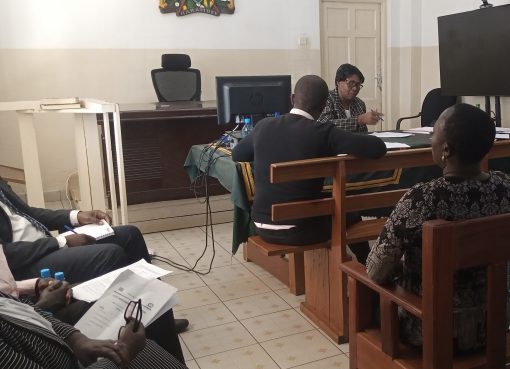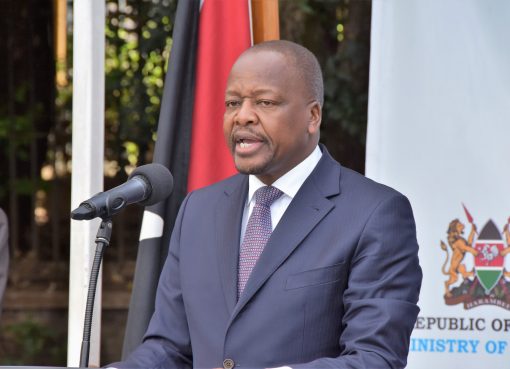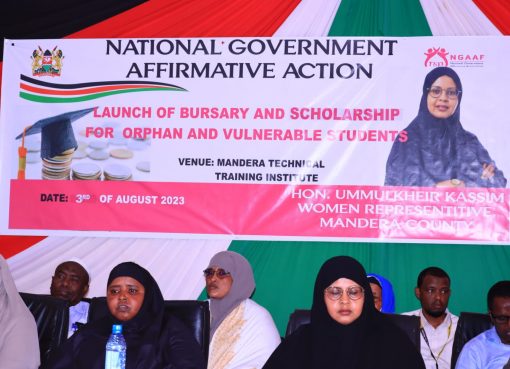The Kenya National Commission for UNESCO, Acting Director of Information, Ms. Angela Muchai, has challenged media trainers in universities, to update their curriculum, to ensure it meets the needs of a 21st -century journalist.
Speaking during a training for media practitioners and media trainers at Kisii University, Muchai said that faculties should identify the needs of the media industry and ensure the students trained can fit and adopt to innovations within the sector in this century.
The Director pointed out some of the aspects of media training that universities can embrace include climate change reporting, media information literacy and the role of Artificial Intelligence in the media among others.
She encouraged the media faculties, to establish linkages and collaborations by bringing together media students, faculties and practitioners, to ensure they are knowledgeable on the emerging issues in the industry.
Muchai noted that the universities should disseminate research findings to the media, adding that the institutions have always been accused of developing very good researches, that rot away on the shelves in the libraries.
The Director urged the journalists to create content that addresses development issues within the society, saying that the information should be responsive to the needs of the societies that they work in.
“As a media practitioner, you hold a special position in the society and a society looks upon us to influence, to direct and teach them,” she added.
Muchai called upon the media practitioners to upgrade their skills, to meet the market needs by learning to interpret data, working with technology, embracing diversity and doing research.
“We are already struggling with the issues of citizen journalism, auto-generated data and news and until we are able to upgrade our skills, we might find ourselves being left behind,” she pointed out.
The Media Council of Kenya (MCK), Media Training and Development Director, Victor Bwire said the field of journalism is rapidly evolving and more students are enrolling into the programme in universities.
Bwire noted the trend of job losses in the media houses, does not translate to a dying journalism career, but rather the operational costs for running the media houses, are too high and cannot sustain the business.
He encouraged the media practitioners to sharpen their journalism skills, so that they can create their own content and sell it to newsrooms.
“Currently, we are embracing multi-media journalism, where newsrooms are employing journalists who can disseminate information via multiple media platforms, as opposed to being known as a print or broadcast journalist,” he said.
Bwire called for collaborative journalism, where scribes from different counties can work together to file stories that are impactful to the society.
By Mercy Osongo





